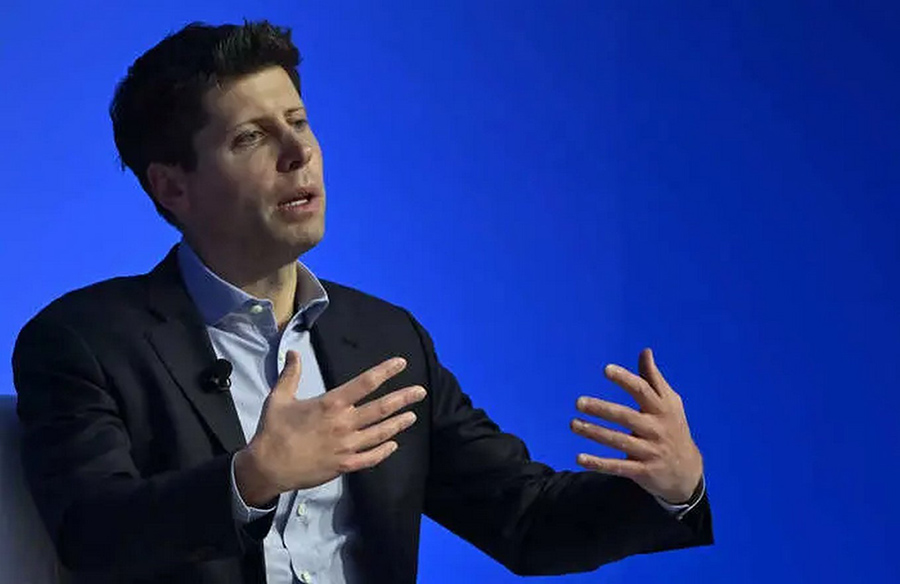Sam Altman, the CEO of OpenAI, is determined to mitigate the impact of the ongoing shortage of microchips on his company’s operations. The scarcity of these chips, crucial for the advancement of AI technology, has posed significant challenges for Altman and numerous other executives in the tech industry who aspire to replicate OpenAI’s success. Since the introduction of ChatGPT, there has been a surge in demand for high-end chips like graphics processing units (GPUs), surpassing the capacity of existing supply chains. Altman characterized this shortage as “brutal” in November, and even Microsoft flagged it as a potential risk factor for investors.
Currently, major companies rely heavily on a few suppliers dominating the AI processor market. Nvidia, particularly known for its highly sought-after H100 GPUs, holds considerable sway in this domain. However, Altman is no longer content with dependence on external suppliers; he intends to establish his own chip manufacturing capabilities. According to a Bloomberg report, Altman has been actively courting heavyweight investors to support a new venture aimed at securing greater control over OpenAI’s chip supply chain.
Establishing a New Supply Chain
Traditionally, companies like Nvidia design chips but outsource their production to specialized fabrication plants operated by firms like TSMC and Intel. However, there is a growing trend among tech companies to develop their own chip designs. For instance, Microsoft unveiled its Azure Maia AI chip in November, tailored for large language model (LLM) training, while Google introduced a new chip design last year for similar purposes.
Altman’s ambitions extend beyond merely replicating Nvidia’s chips. Reports suggest that he plans not only to design chips but also to establish a network of fabrication plants for their manufacture. Altman aims to collaborate with top chip manufacturers in this endeavor, with the network envisioned to have a global reach. This DIY approach would differentiate OpenAI by ensuring full control over the chip-making process, unlike competitors reliant on third-party suppliers or outsourcing manufacturing.
Overcoming Challenges
While Altman’s vision holds promise, it is not without its challenges. Securing the substantial funding and expertise required to build cutting-edge fabrication facilities poses a significant hurdle. Additionally, developing chip designs that can rival Nvidia’s H100 units presents technical complexities. Despite these obstacles, Altman’s plan has garnered support from industry observers like Adam Niewinski, managing partner at OTB Ventures, who views it as crucial for AI advancement and a potentially lucrative investment opportunity.
Temporary Strategies
While Altman’s initiative may address chip shortages in the long term, many executives are currently scrambling to acquire as many chips as possible. Mark Zuckerberg, in a recent video, outlined Meta’s efforts to secure a substantial quantity of Nvidia H100s by the end of the year to support its ambitious infrastructure development plans. The need for robust AI capabilities across various sectors underscores the urgency of addressing chip shortages and advancing AI technology.
In conclusion, Sam Altman’s proactive approach to tackling AI chip shortages reflects his commitment to ensuring OpenAI’s continued progress amidst supply chain disruptions. By venturing into chip manufacturing, Altman aims to safeguard OpenAI’s autonomy and bolster its position in the rapidly evolving AI landscape.

